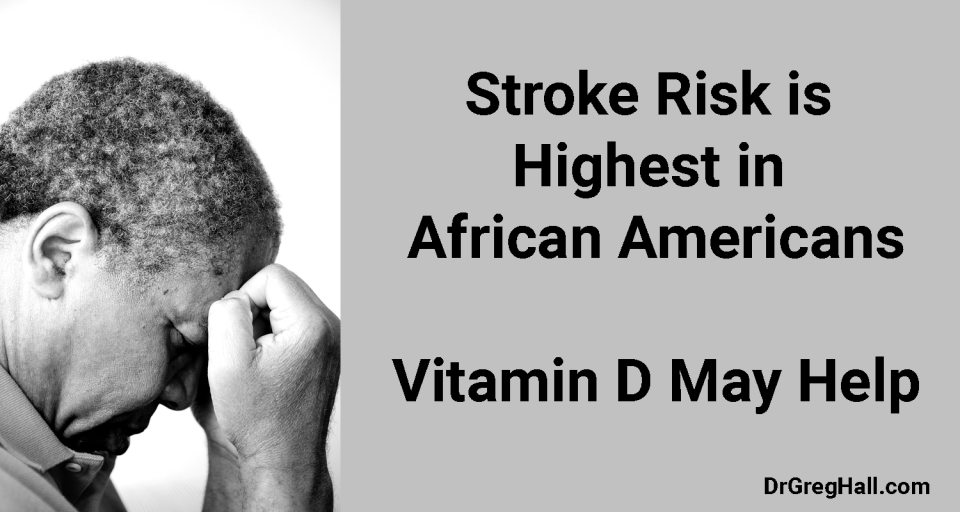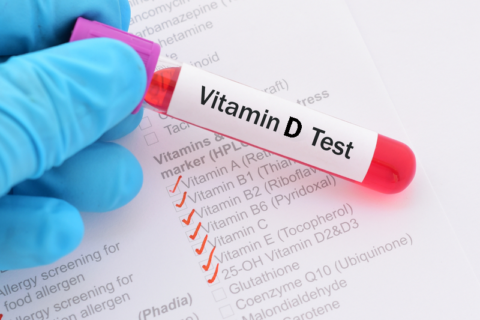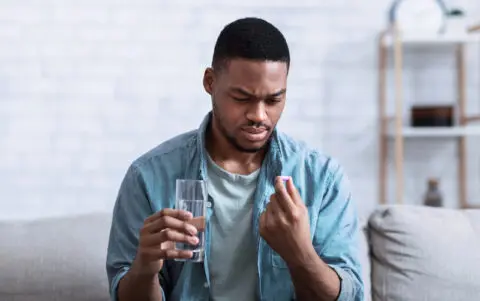Recent studies have found a correlation between vitamin D deficiency and stroke risk as well as stroke severity. A study just published found that people with the highest vitamin D levels had fewer strokes and if they had a stroke, it was less severe. People with low vitamin D levels had more strokes with more severe symptoms.
As you know, we get most of our vitamin D from the sun, but urban living, colder/cloudy weather, and lactose intolerance (so we can’t drink “Vitamin D Milk”) have all resulted in wide-spread African American vitamin D deficiency.
African Americans Have Low Vitamin D Levels
Four of five African Americans have low levels of vitamin D, and we also have the highest rates of heart attack, stroke, and circulation problems. Risk factors for low vitamin D levels include older age, darker complexion, obesity, and limited sun exposure.
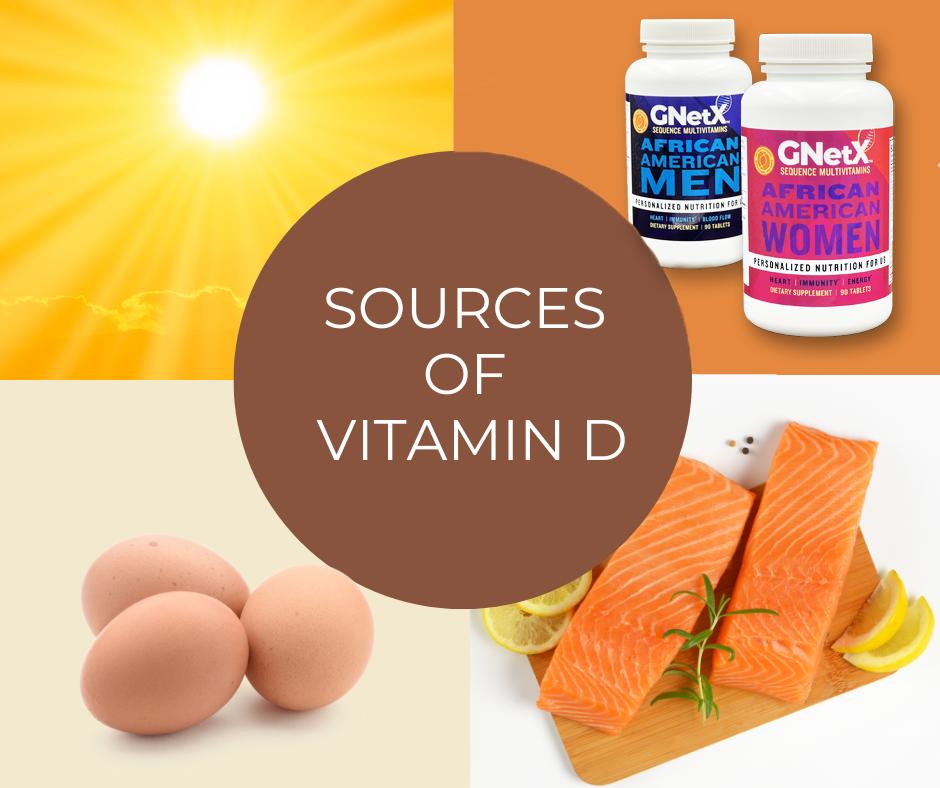
Studies have shown that hemorrhagic stroke patients (those strokes caused by a bleed rather than a blood clot) often suffer from low vitamin D levels. Another study suggested that putting stroke victims on vitamin D helped their recovery somewhat.
Biologically, vitamin D reduces total cholesterol and fat in blood as well as improves inflammation which helps your blood vessels stay healthy.
A Direct Effect Has Not Been Shown
To be clear, there has yet to be a study that showed taking a vitamin D supplement led to fewer strokes. These research studies are only able to find correlations and from these associations, they “suppose” that raising your vitamin D level will lead to better health. Some researchers believe that poor health leads to low vitamin D levels and that is the reason sicker people have low vitamin D.
Vitamin D levels have been positively associated with improved cardiovascular health, especially with reduction of stroke risk. Until the controversy is settled, everyone agrees that leaving a low vitamin D alone is not a reasonable option.
Vitamin D is best increased through natural means . . . sun exposure, a healthy diet, etc. Foods high in vitamin D include salmon, herring/sardines, cod liver oil, tuna, mushrooms, and fortified beverages (milk, orange juice, and cereal).
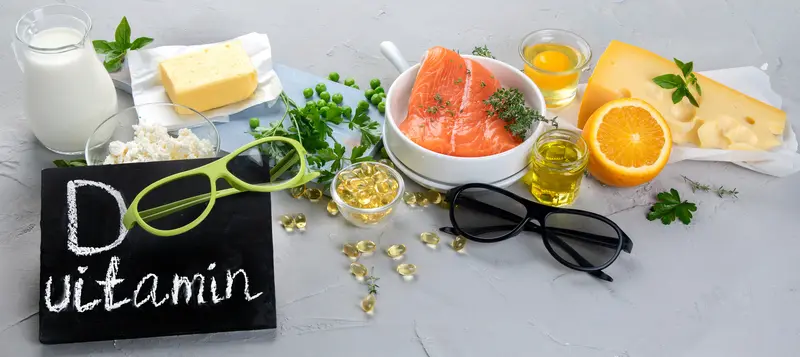
Good Vitamin D Levels Help in COVID Patients
Another study looked at COVID patients and vitamin D deficiency and found COVD illness directly related to vitamin D level. COVID-19 is greatly associated with increased stroke and heart attacks so having a normal vitamin D level was somewhat protective against severe COVID disease. Obviously the absolute best way to avoid COVID-19 is through getting an approved vaccination.
GNetX Sequence Multivitamins for African Americans have a science-based formula to best replace deficiencies in the Black community. Go to SequenceMultivitamins.com for more information on the multivitamin that is best for you.
